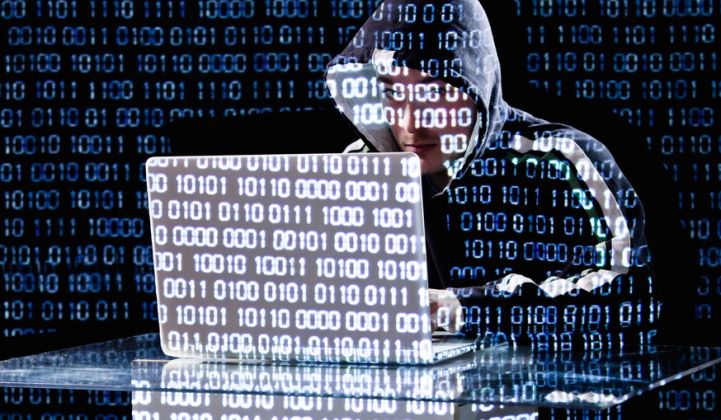House Republicans released a report Thursday that paints pro-environmental Facebook and Twitter users as dupes of Russian social media propaganda and political discord campaigns. The document claims Russia colluded with anti-fossil-fuel interests in an attempt to sow discord in U.S. energy markets.
The report from the House Committee on Science, Space, and Technology is the result of an “investigation into Russian efforts to influence U.S. energy markets.” The investigation was launched after Rep. Lamar Smith, a Texas Republican and chairman of the committee, wrote a six-page letter (PDF) to Treasury Secretary Steve Mnuchin claiming that Russia was behind a “concerted effort by foreign entities to funnel millions of dollars through various nonprofit entities to influence the U.S. Energy Market.”
The argument is that Russian-tied philanthropic giving to groups such as the Sierra Club is part of an alleged Russian propaganda war to encourage restrictions against fracking in the U.S., and thus to bolster Russia's oil and gas agenda. That notion was built on a series of articles in conservative news publications, as well as a snippet from a Hillary Clinton speech disseminated by WikiLeaks.
Thursday's report states that House Republicans broadened their investigation "upon discovering that Russia may have exploited American social media platforms to accomplish its disruptive objectives." In September 2017, Smith's committee requested data related to Facebook, Instagram and Twitter.
Thursday’s report states that some of the tweets and Facebook posts smeared across social media by Russian firm Internet Research Agency (IRA) -- the one indicted as part of Robert Mueller’s investigation into Russian interference into the 2016 U.S. presidential election -- were built around pro-environmental or anti-fossil-fuel memes.
It cites one example of a post using a photograph of a Dakota Access Pipeline protester with the Russian-operative-written text: “Americans have been stealing from Native Americans for more than 500 years.” The report claims an estimated 9,100 Russian posts or tweets were disseminated regarding U.S. energy policy between 2015 and 2017, some of them from the firm under indictment.
It also cites information provided by Twitter that showed more than 4 percent of all tweets by IRA were related to energy or environmental issues. This represents "a significant portion of content" when compared to the 8 percent of IRA tweets on the U.S. elections, the report states.
As for the potential to influence U.S. energy markets, let alone disrupt them, Reuters quoted Brenda Shaffer, a professor at Georgetown University, who noted it’s almost impossible to change U.S. energy policy through a social media campaign,” adding that “a campaign would have to affect both the state and federal levels to be effective.”
There’s no doubt that U.S. intelligence and law enforcement agencies are concerned about Russian hacking into the country’s energy infrastructure, as we’ve covered amidst the semi-regular emergence of reports finding evidence of such attempts. However, this week’s report does not add to the conversation about those threats and how to counter them.




